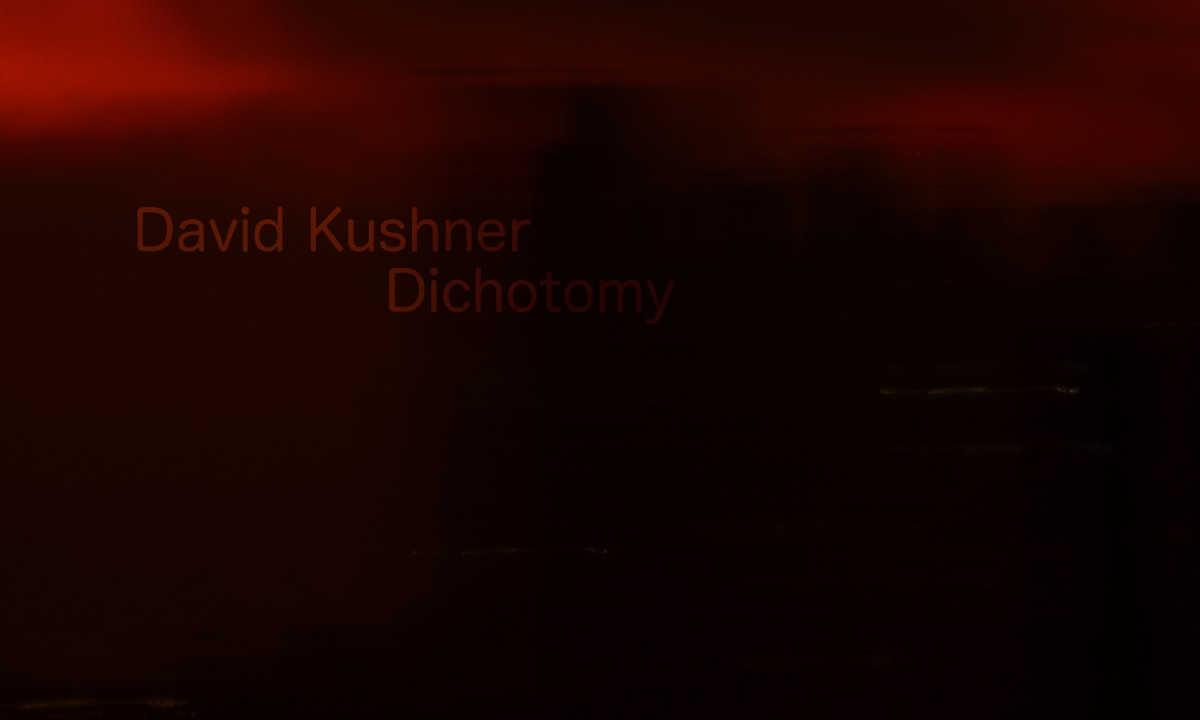David Kushner shattered the world on the morning of Aug. 30 with eleven words: “My 17 song full debut album “The Dichotomy” is officially out.” From his first viral sensation “Miserable Man” to the release of his new album, the 23-year-old American singer-songwriter has become an emerging influence on the music industry.
The album explores the conceptualization of lust and unrequited connection through visceral metaphor. Kushner also places emphasis on his faith in all of his music and dedicates this album’s entirety to his relationship with God and how it has influenced his life and career.
Love and Sin
The opening track on the album, “No High,” depicts deep obsession by equating the feeling of love to the feeling of a drug, while “Skin and Bones” defines deep infatuation and lust in a more literal sense. “You and Me” depicts a virulent relationship and how it negatively affects all parties involved while “Love Is Going To Kill Us” and “Buried at Sea” consider the dark side of a toxic relationship and how it can eventually erupt into something unrecoverable. These tracks all expand on the dichotomy between love and sin which is the most prominent contrariety on the album.
Hozier, another prominent alternative artist in the industry has the tendency to dramatize infatuation through exaggerated prose which is exemplified in his song “Work Song” in the lines “When my time comes around/ Lay me gently in the cold, dark earth/ No grave can hold my body down/ I’ll crawl home to her.”
Kushner shares this same style in the track “Sweet Oblivion” in its chorus: “I’m kneeling at your altar/ I’m down here on my knees/ Take me to your sweet oblivion.” Kushner further explores the theme of “right person, wrong time” in “Universe,” which draws on the idea in which two people that cannot find each other in this lifetime, might find each other in another one.
Kushner’s most popular single, “Daylight,” which maintains over 1 million streams on Spotify, now holds the anchor spot on the album.
“With my song ‘Daylight,’ I aim to convey the paradoxical desire for something that is simultaneously harmful to oneself, using elements of light and darkness,” Kushner said in an interview with Paper Magazine. “The lyrics, ‘Oh, I love it and I hate it at the same time you and I drink the poison from the same vine’ encapsulate this concept.”
Faith and Humanity
In his album announcement on Instagram Kushner wrote, “I hope you find the hope of God within this album,” alluding to the references to Christianity and religious motifs that appear throughout each of the tracks. “Dead Man,” a track that was teased in early 2022 as a juxtaposition to “Miserable Man,” explores a more jubilant take on the idea of overcoming a battle with temptation.
“Poison,” “Heaven Sees” and “Saving Your Soul” all encapsulate the dichotomy between heaven and hell. They each make allusions to the grandeur of heaven’s reach coupled with the overwhelming sensation that hell is constantly pulling at humanity. “Flesh x Blood” depicts a similar ideology although it uses God and Satan as personifications of this contrast.
“Darkerside” and “California Nights” both seem to navigate Kushner’s own experience in the chasm between light and darkness. This contradiction serves as a vessel for the “good and evil” motif both within Kushner himself and within society. This idea is explored further in both “Hero” and “Humankind” as Kushner explains, in lyricize metaphor, the villainization of both himself and the world as a whole.
As “The Dichotomy” hits the charts as the first of many albums from Kushner, he leaves his fanbase with a beacon of hope for the future in writing: “I’m so excited to keep creating music that helps you explain how you feel when words cannot.”




